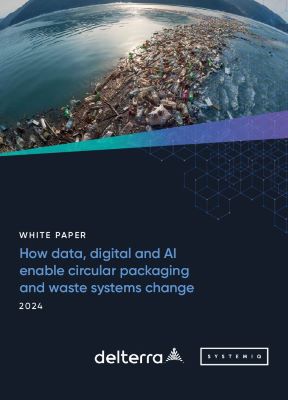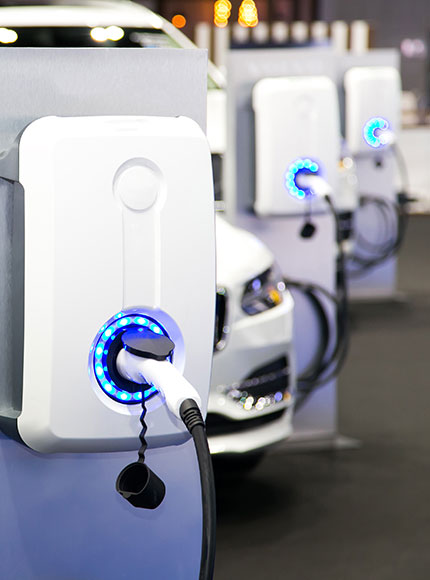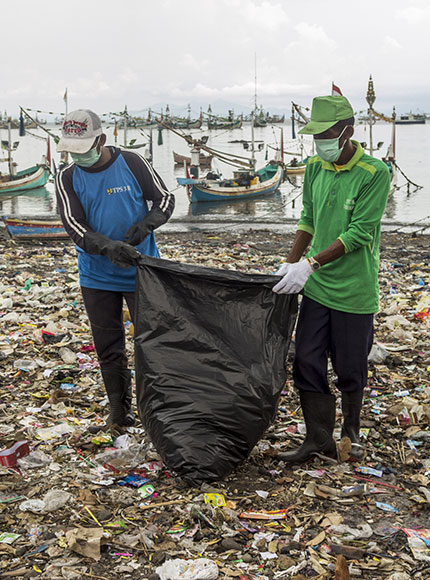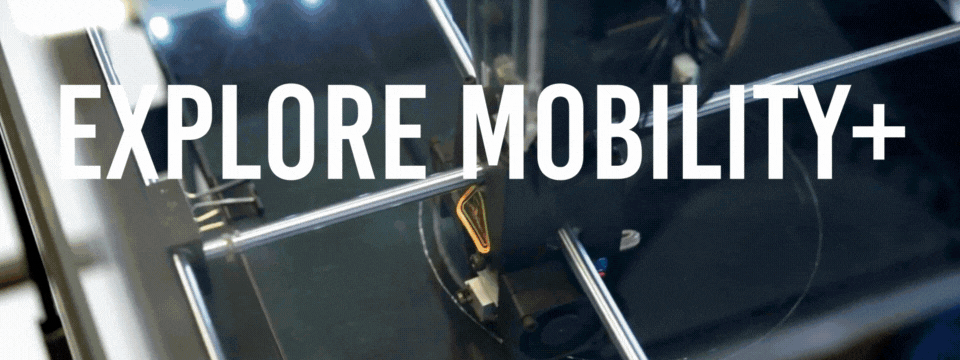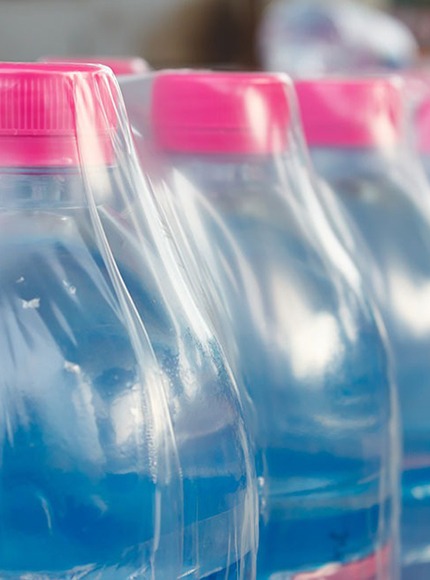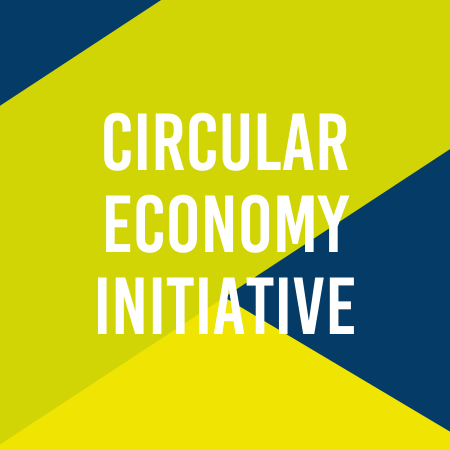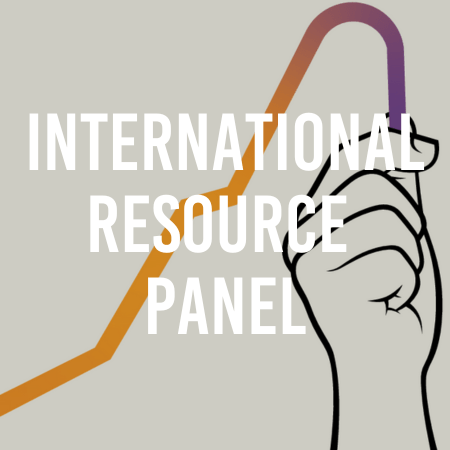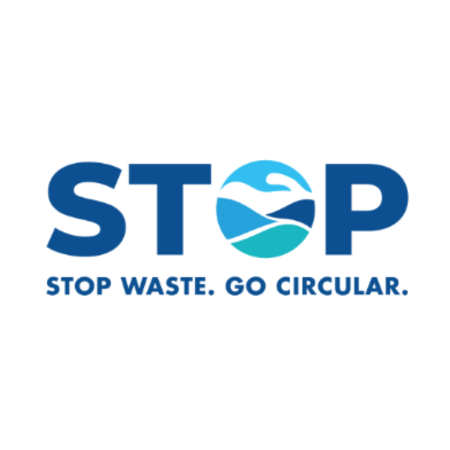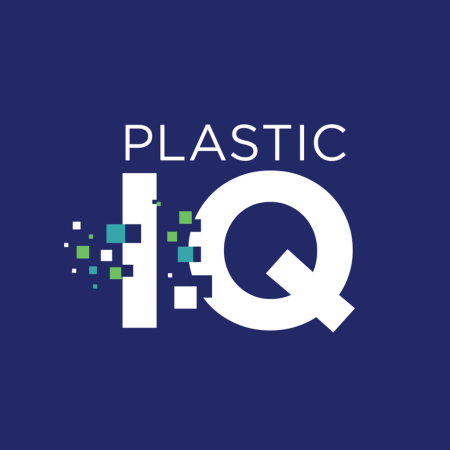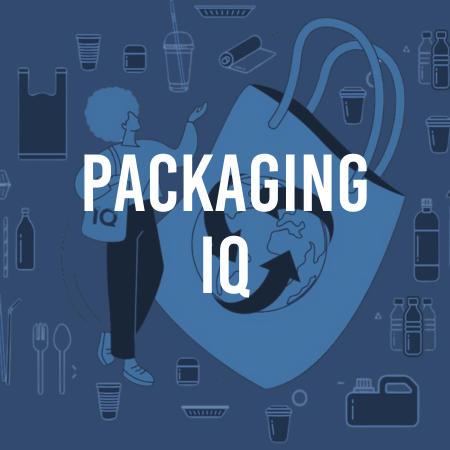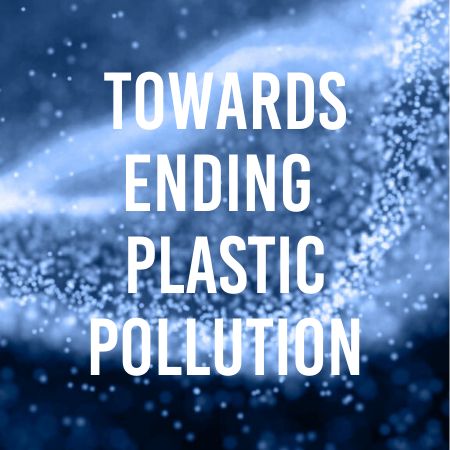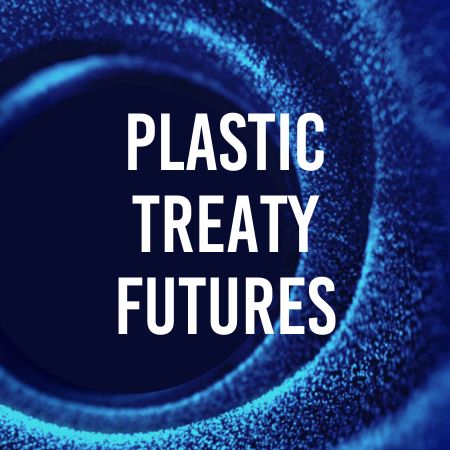Affordable and versatile, plastic has become ubiquitous: 311 million tonnes were produced in 2014. This is expected to triple by 2050. The negative impacts of the plastic system – including plastic pollution in nature and climate impacts from greenhouse gas emissions – are becoming an iconic issue worldwide.
Each year, more than 10 million tonnes of plastic escapes the current system and leaks into the ocean. Over 100 marine species have been discovered to contain microplastics, some of which end up on our plates.
But ocean plastic is not just a health or environmental issue, it’s an economic problem too. Today, 95% of plastic packaging value – or US$80-120 billion annually – is lost after first use.
This represents an enormous incentive to change the demand and supply cycle of materials. By re-designing products, business models and production processes, industries can extend product life cycles and improve resource productivity – making more using less. A circular plastics system could create more jobs, reduce environmental impacts and unlock an estimated US$700 billion in economic opportunities.

